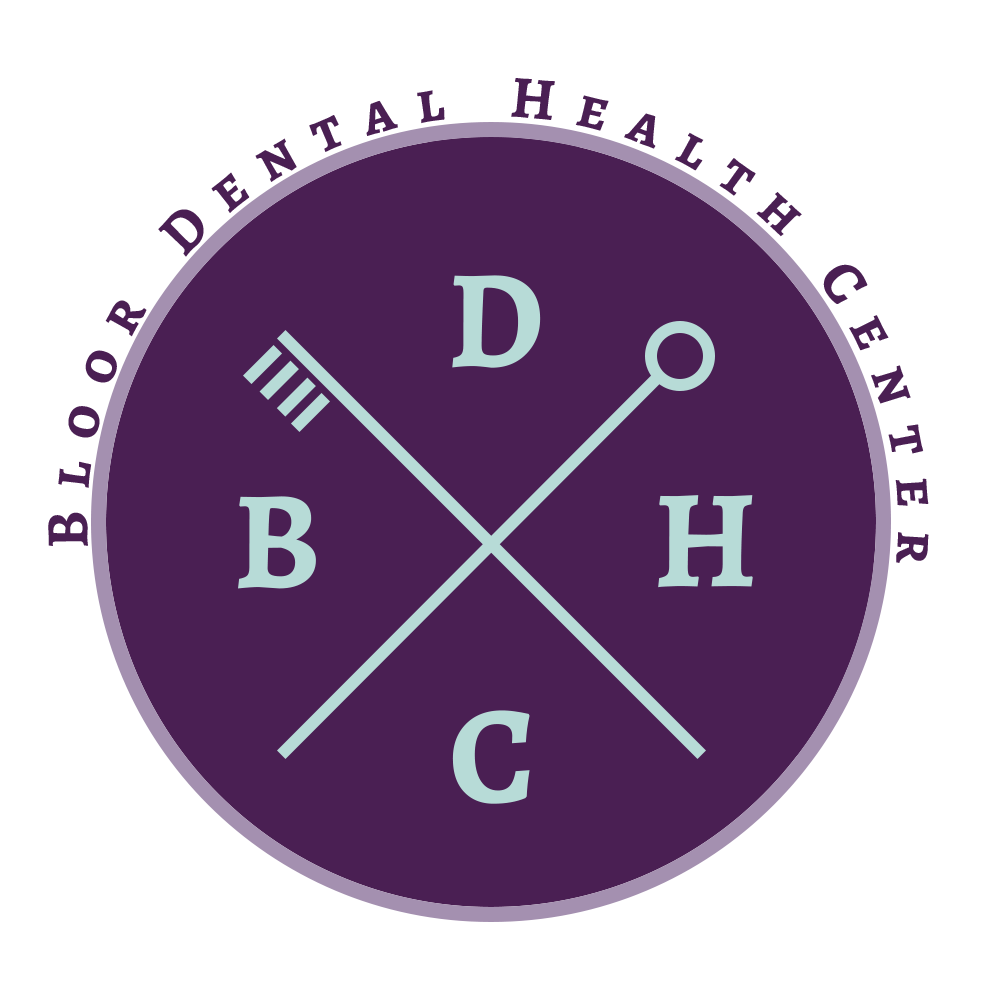

 |
Temporomandibular joint disorders (TMD), commonly known as TMJ disorders, involve dysfunction in the muscles and joints of the jaw. This condition can lead to chronic pain affecting the jaw, face, head, neck, and shoulders. Recognizing the symptoms is essential for timely intervention, including:
TMD can significantly impact mental health, contributing to increased stress, anxiety, and frustration due to ongoing pain and limitations in daily activities. It’s important for both patients and healthcare providers to understand these emotional effects, as stress can exacerbate TMD symptoms. Incorporating stress management techniques and talk therapy can help alleviate mental exhaustion.
If you're experiencing TMJ symptoms, several self-care practices may provide relief, such as:
If home remedies aren’t sufficient, your doctor may recommend medications, including:
Physical therapy can also be beneficial, offering treatments such as:
Osteopathy is another option for relief. Osteopaths use hands-on techniques to evaluate and treat various health issues, ensuring that the body’s musculoskeletal system functions optimally. This holistic approach can help restore balance and function to the jaw and surrounding muscles.
For effective management of TMD, consider the following steps:
By understanding TMD and its implications, patients can take proactive steps toward relief and improved quality of life. If you have any concerns regarding TMJ/TMD, don’t hesitate to contact our dental office today! Together, we can embark on your journey to relief and a healthier jaw.